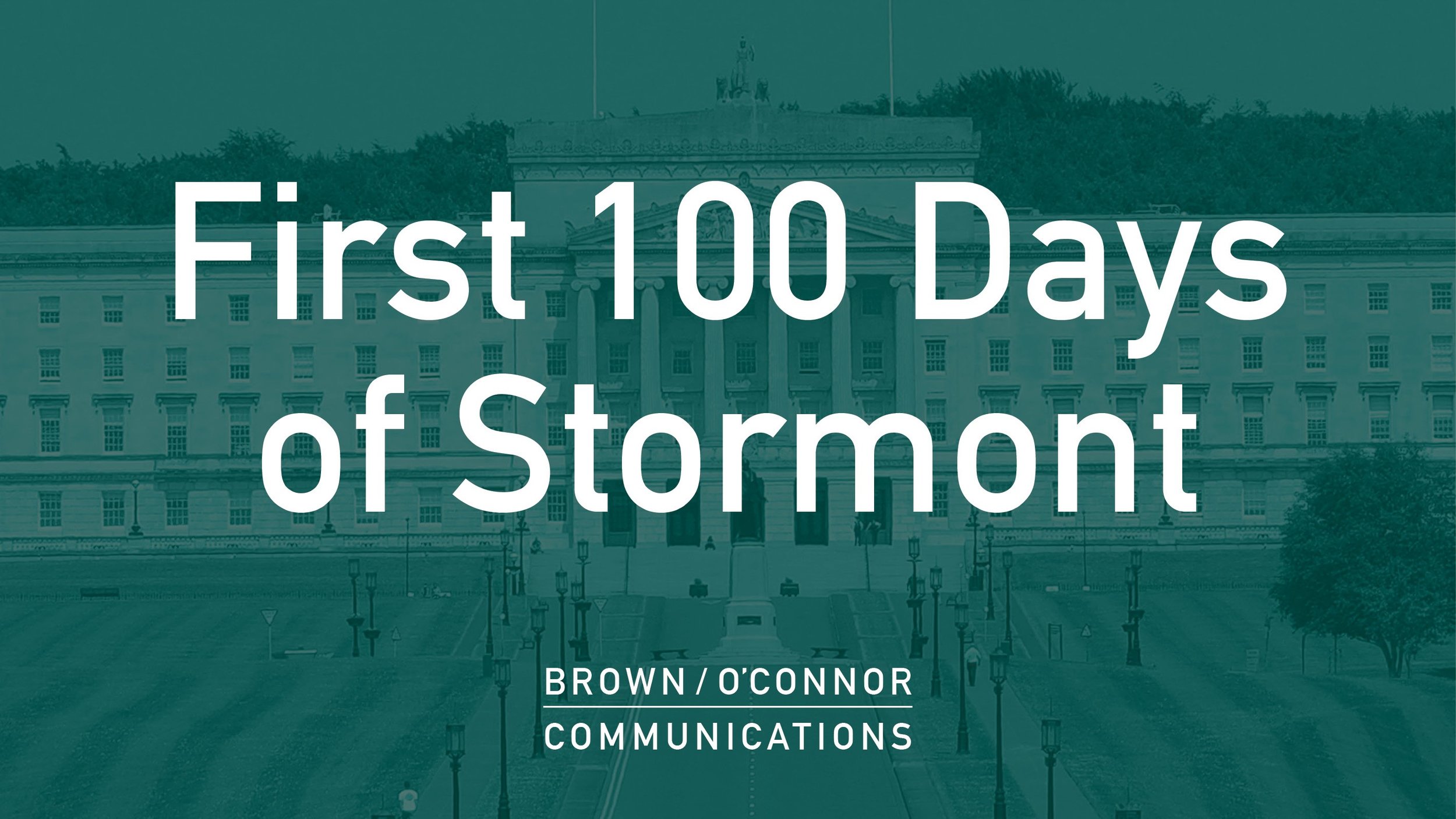Economy
The Minister for the Economy will introduce legislation relating to his Department's financial powers, legislation to provide a new function for the Utility Regulator and legislation to make provision for the renewable heat incentive (RHI) scheme.
A financial assistance Bill will resolve issues with some of the Department for the Economy's financial powers.
A Utility Regulator decarbonisation powers Bill will provide the Utility Regulator with a new function to enable it to support the Department for the Economy in the delivery of the Executive's energy strategy and targets under the Climate Change Act 2022. An RHI scheme Bill will make provision for the future of the scheme.
Finance
The Minister of Finance will introduce the normal Budget Bills as part of the annual financial cycle and a financial provisions Bill to reconcile several routine financial matters across Departments.
The Minister will also introduce a Fiscal Council Bill to establish the Fiscal Council on a permanent, statutory basis in order to bring greater transparency and independent scrutiny to the current and future state of local public finances.
Communities
Defective Premises Bill and the Pensions (Extension of Automatic Enrolment) Bill were introduced in the Assembly on 20 May and have already passed Second Stage.
The Child Support Enforcement Bill is scheduled for introduction on 17 June and will make provision for the enforcement of child support and other maintenance in order to maintain parity with Westminster legislation.
To recognise, promote and protect British Sign Language (BSL) and Irish Sign Language (ISL), the Minister for Communities also proposes to introduce a sign language Bill.
Agriculture, Environment and Rural Affairs
The Minister of Agriculture, Environment and Rural Affairs will focus his legislative plans on dilapidated buildings and altering provisions relating to EU food legacy.
A dilapidation Bill will confer functions on councils to provide them with a modern, fit-for-purpose regime to tackle dilapidated and often dangerous buildings and sites.
In addition, the Minister proposes to introduce an agriculture Bill to provide powers to allow the Department to transition from or end the legacy EU fruit and vegetable aid scheme and EU agri-food information and promotion scheme as they apply locally.
Health
A public health Bill will replace and widen the scope of the Public Health Act 1967, which is over 50 years old and needs to be updated to make it fit for purpose. The adult protection Bill is a response to the Commissioner for Older People's 'Home Truths' investigation into Dunmurry Manor care home and the certified professional environmental auditor's independent review of safeguarding and care at Dunmurry Manor. It will introduce additional protections to underpin and strengthen the adult protection process and align it with best practice in other jurisdictions.
Justice
The Minister of Justice plans to introduce a justice Bill, primarily relating to the retention of fingerprints and DNA profiles and other provisions about child bail, remand and custody.
Infrastructure
The Minister for Infrastructure will introduce a water, flooding and sustainable drainage Bill to provide new and additional powers across seven areas of water, flooding and drainage legislation.
Executive Office
Introduce a Bill on a mother-and-baby homes, Magdalene laundries and workhouses public inquiry and financial redress. Its purpose is to establish a statutory public inquiry to investigate issues of individual, institutional, organisational and state responsibility for human rights violations experienced in mother-and-baby institutions, Magdalene laundries and workhouses between 1922 and 1995. It will further include provision for the Executive Office to establish a redress service to administer financial redress schemes.

















